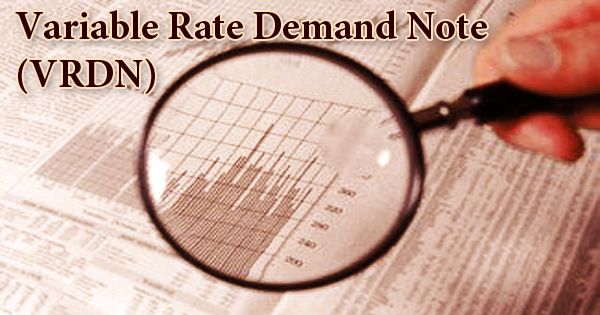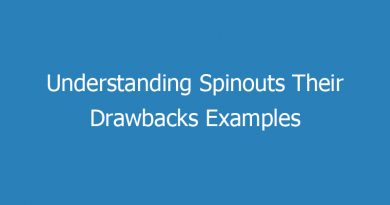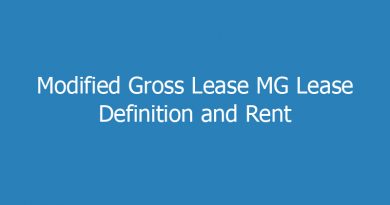Variable Rate Demand Note Explaining VRDNs

Variable Rate Demand Note: Explaining VRDNs
What Is a Variable Rate Demand Note?
A variable-rate demand note (VRDN) is a debt instrument representing borrowed funds payable on demand, accruing interest based on the prevailing money market rate. The interest rate is specified from the outset and typically equals the money market rate plus an extra margin.
A VRDN is also known as a variable rate demand obligation (VRDO).
Understanding Variable Rate Demand Note (VRDN)
A VRDN is a long-term municipal bond offered to investors through money market funds. Municipal governments borrow money for long periods while paying short-term interest rates to investors. Smaller investors can invest indirectly through money market funds as VRDNs are issued in $100,000 denominations.
The interest rate on VRDNs is variable since money market rates, such as the bank prime rate, fluctuate over time. The interest rate is adjusted daily, weekly, or monthly to reflect the current interest rate environment.
Variable rate demand notes are payable on demand, as they have an embedded put option. Investors or lenders can request repayment at their discretion, and repayment must be made upon demand. Depending on the demand feature, the investor may need to provide a one-day or seven-day notification to tender the securities to a financial intermediary, such as a trustee or remarketing agent. The maturity date is considered the next put date rather than the final maturity date due to the demand feature.
VRDNs offer credit enhancements through letters of credit (LOCs) from highly rated financial institutions. The LOC serves as the liquidity provider of last resort, ensuring timely payment of interest and principal on tendered securities. The interest rate on VRDNs reflects the short-term credit rating of the bank providing the letter of credit, not the municipality issuing the VRDN. Standby bond purchase agreements provided by reputable banks may also be used as credit enhancements to reduce default risk.
Variable-rate demand notes have low correlations with stocks and bonds, making them attractive for portfolio diversification. They are generally exempt from federal taxes and often exempt from state taxes in the state of issue.



